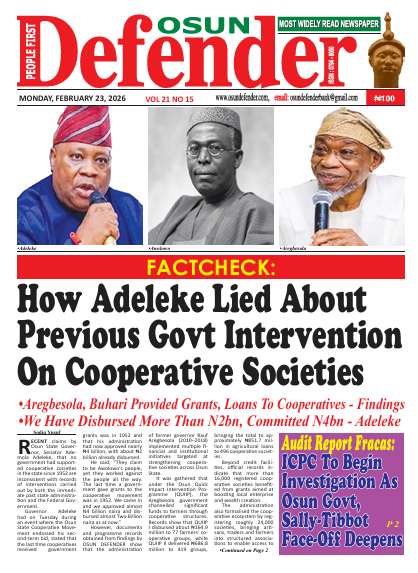The Federal Government through the Nigerian Electricity Regulatory Commission (NERC) has increased electricity tariff for customers under the Band A classification.
Findings revealed that the customers under Band A are those who enjoy 20 hours of electricity supply daily.
This was disclosed by NERC’s Vice Chairman, Musliu Oseni at a press briefing in Abuja on Wednesday.
Oseni said the increase will see the customers pay N225 kilowatt per hour from the current N66.
Oseni expressed that these customers represents 15 percent pf the 12 million electricity customers in the country.
He explained that the commission had also downgraded some customers on the Band A to Band B due to non-fulfilment of the required hours of electricity provided by the electricity distribution company.
He said, “We currently have 800 feeders that are categorised as Band A, but it will now be reduced to under 500. This means that 17 percent now qualify as Band A feeders. These feeders only service 15 percent of total electricity customers connected to the feeders.
“The commission has issued an order which is titled April supplementary order and the commission allows a 235 kilowatt per hour.”
He added that the review will not affect customers on the other Bands.
Citing sources, Bloomberg had on Tuesday reported that power companies will be allowed to raise electricity prices to N200 ($0.15) per kilowatt-hour from N68 for urban consumers.
It quoted people in the presidency with knowledge of the matter saying this was in a bid to attract new investment and slash about $2.3 billion spent to cap tariffs (subsidies).
According to the news agency, “Nigerians will now have to pay $2.42 per one million British thermal units from the previous rate of $2.18 MMBtu.”
The development comes amid Monday’s announcement by the Nigerian Midstream and Downstream Petroleum Regulatory Authority (NMDPRA) of an increase in the price of natural gas, which is used to generate more than 70% of electricity in Nigeria.

Sodiq Lawal is a passionate and dedicated journalist with a knack for uncovering captivating stories in the bustling metropolis of Osun State and Nigeria at large. He has a versatile reporting style, covering a wide range of topics, from politics , campus, and social issues to arts and culture, seeking impact in all facets of the society.










